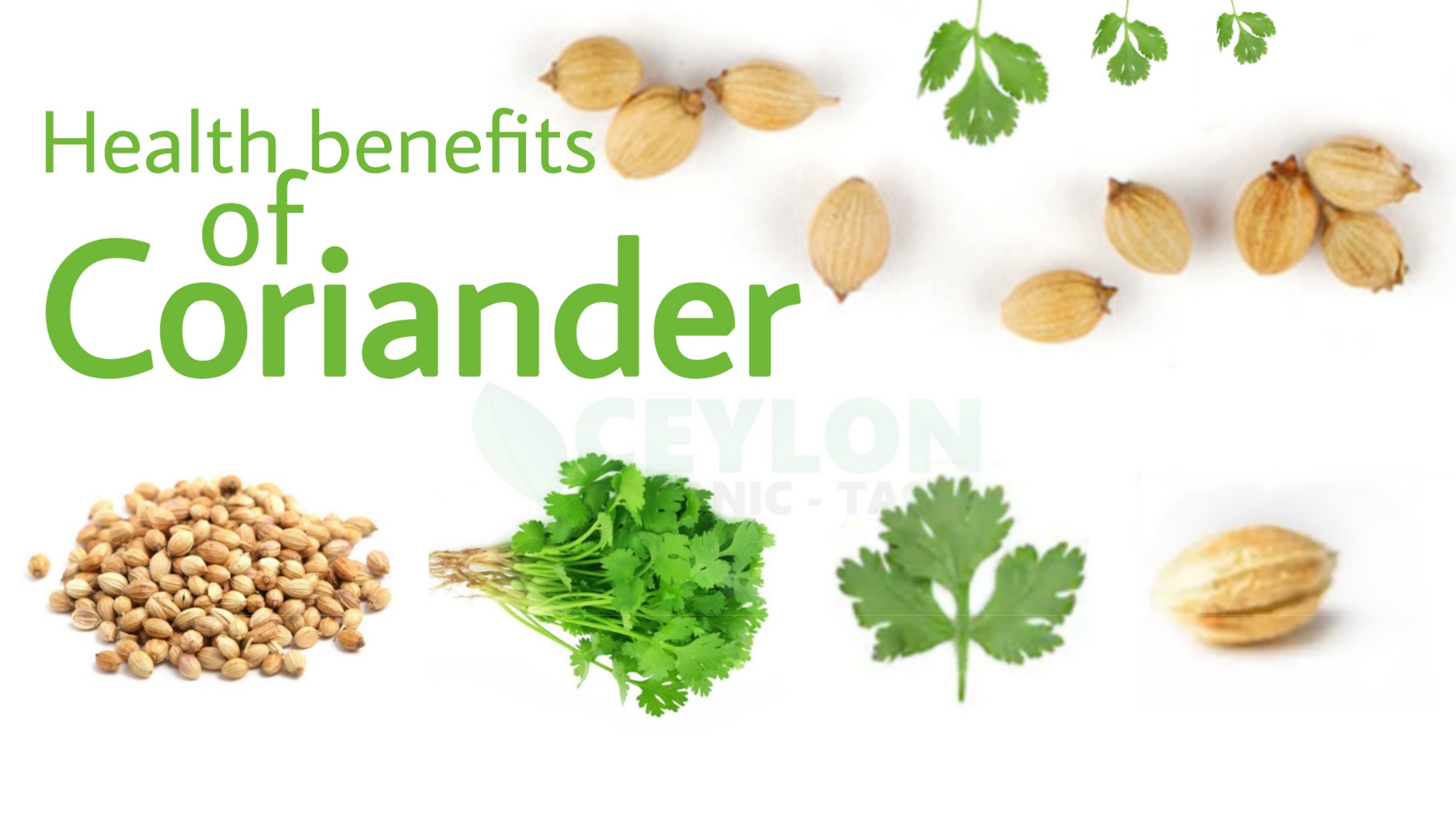
Coriander is a herb that’s commonly used to flavour international dishes. Coriander is high in medicinal properties and both as a medicine and as a spice. Coriander has a wide range of properties, from antibiotic to anti-cancer. Coriander is one of the best antioxidant remedies.

Here are the impressive health benefits of coriander.

Coriander is used almost all main 3 meal times per day by local people

1. Helps lower blood sugar
Coriander may lower blood sugar by activating certain enzymes. In fact, it’s powerful enough that people with low blood sugar should use it cautiously.

2. Rich in immune-boosting antioxidants
Coriander is full of antioxidants that demonstrate immune-boosting, anticancer, anti-inflammatory, and neuroprotective effects.

3. Benefit heart health
Coriander may protect your heart by lowering blood pressure and LDL (bad) cholesterol while increasing HDL (good) cholesterol. A spice-rich diet appears to be associated with a lower risk of heart disease

4. Protects brain health
The antioxidants in coriander may reduce brain inflammation, improve memory, and reduce anxiety symptoms, though more research is needed.

5. Promotes digestion and gut health
Coriander may reduce unpleasant digestive symptoms like bloating and discomfort often experienced by people with IBS. It may also boost appetite among some people.

6. Fights against infections
Coriander exhibits antimicrobial effects that may help fight foodborne illnesses and pathogens like Salmonella.

7. Protects your skin
Coriander contains antioxidants that may protect your skin from ageing and sun damage. It may also help treat mild skin rashes.

8. Easy to add to your diet
Coriander seeds and leaves both come in handy for everyday cooking but offer very different flavours that determine their best uses.

9. Anticancer remedy
Coriander helps to inhibit cancer cell invasion and migration. It has more effects of coriander against prostate cancer.

10. Lowers Cholesterol
Coriander beneficial for blood cholesterol because Seeds contain beneficial acids such as oleic acid, palmitic acid, linoleic acid, ascorbic acid (vitamin C) and stearic acid.
Scientific classification
Kingdom – plantae
Clade – tracheophytes
Clade – Angiosperms
Clade – Eudicots
Clade – Asterids
Order – Apiales
Family – Apiaceae
Genus – Coriandrum
Species – C. stivum
Binomial name – Coriandrum stivum



